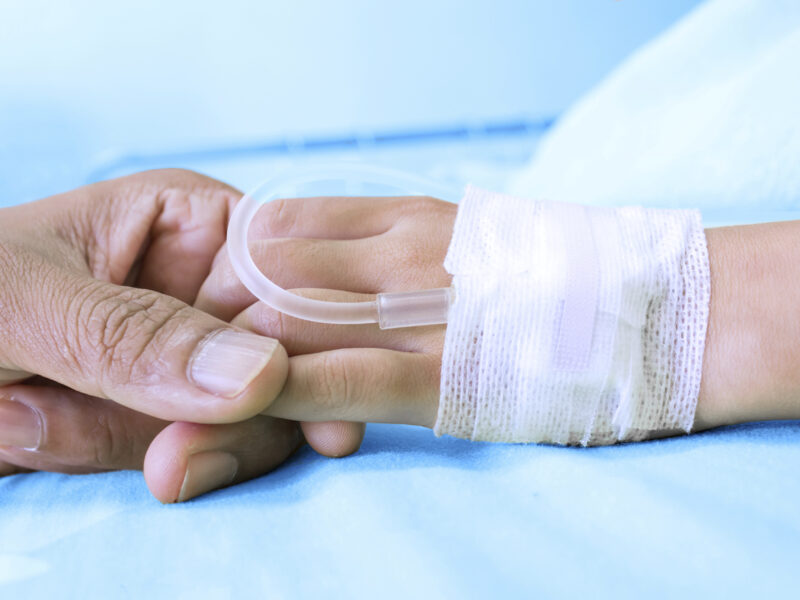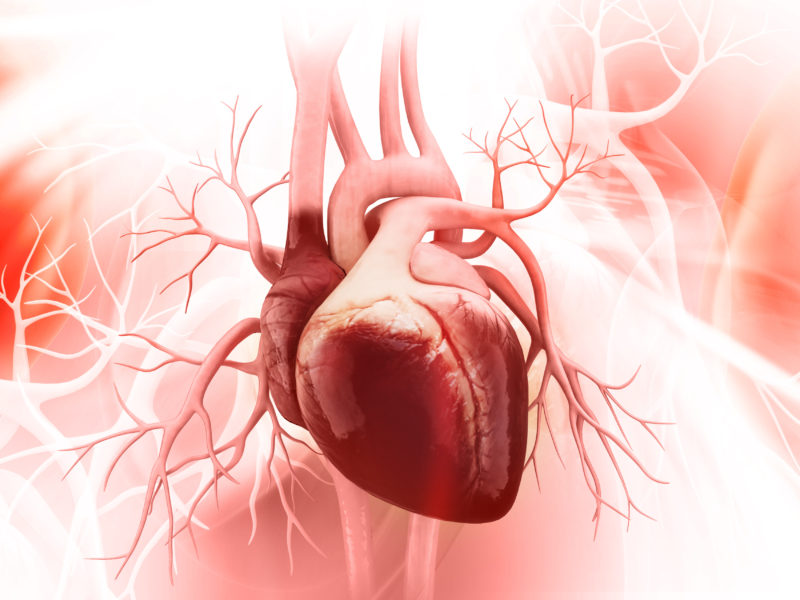NIDDK Grant Awarded to Launch Integrated Islet Distribution Program Islet Isolation Center
NIDDK Grant Awarded to Launch Integrated Islet Distribution Program Islet Isolation Center https://pediatricsnationwide.org/wp-content/themes/corpus/images/empty/thumbnail.jpg 150 150 Katie Brind'Amour, PhD, MS, CHES Katie Brind'Amour, PhD, MS, CHES https://pediatricsnationwide.org/wp-content/uploads/2021/03/Katie-B-portrait.gif- September 21, 2023
- Katie Brind'Amour, PhD, MS, CHES
A Nationwide Children’s Hospital research team has received federal funding to become a hub for the isolation and distribution of high-quality human islet cells for the diabetes research community.
Since joining Nationwide Children’s Hospital in 2022 as director of the Islet Cell Isolation Program, Balamurugan Appakalai, PhD, has been leading one of the nation’s most advanced isletology labs, supplying both the clinical and research needs for numerous facilities. Now, his team has received funding from the National Institute of Diabetes and Digestive and Kidney Diseases of the National Institutes of Health (NIH) to serve as an Integrated Islet Distribution Program (IIDP) Islet Isolation Center.
“This grant allows us to grow our program into a larger center that will provide significant quantities of high-quality human islet cells to researchers across the country,” says Dr. Appakalai, who is widely considered one of the most skilled islet isolation specialists in the world. He has performed more than 1,500 islet isolation procedures with human pancreases. “This means we can support more diabetes research, which in turn will help us advance the clinical solutions available to diabetes patients everywhere.”
IIDP is supported by the Special Statutory Funding Program for Type 1 Diabetes Research. Designation as the IIDP Islet Isolation Center will make Dr. Appakalai’s program one of only 10 such labs in the country. His facility is already a current good manufacturing practices (cGMP) program performing islet isolation for clinical transplants and research.
Isolated islets are believed to be a critical component in an eventual cure for Type 1 diabetes. In healthy individuals, islets help the pancreas properly control blood glucose levels. Once isolated from a donor and transplanted into the pancreas of someone with diabetes, the hope is that these healthy islets will survive and start managing blood glucose in the recipient without the need for insulin injections.
“I believe this grant is a recognition of the hard work that we have put into our techniques and methods for islet isolation over the past 30 years,” says Dr. Appakalai, who pioneered numerous enzyme applications to improve the isolation of islets and the subsequent clinical outcomes for patients.
Dr. Appakalai’s lab performs its own research on improving the survival and function of human islet cells after transplantation, as well as elucidating beta cell pathology. His methods have been incorporated into the NIH’s Clinical Islet Transplant Consortium research protocols and into the clinical practice of auto-transplantation programs around the world.
“Moving forward, we expect this grant and designation will help us grow the team and advance our research into microvascular fragments, which may help islets form a vascular attachment upon transplantation and thereby increase their rate of survival,” says Dr. Appakalai. “We will also continue to support the clinical applications of these services for children at Nationwide Children’s and across the country.”
About the author
Katherine (Katie) Brind’Amour is a freelance medical and health science writer based in Pennsylvania. She has written about nearly every therapeutic area for patients, doctors and the general public. Dr. Brind’Amour specializes in health literacy and patient education. She completed her BS and MS degrees in Biology at Arizona State University and her PhD in Health Services Management and Policy at The Ohio State University. She is a Certified Health Education Specialist and is interested in health promotion via health programs and the communication of medical information.
-
Katie Brind'Amour, PhD, MS, CHEShttps://pediatricsnationwide.org/author/katie-brindamour-phd-ms-ches/April 27, 2014
-
Katie Brind'Amour, PhD, MS, CHEShttps://pediatricsnationwide.org/author/katie-brindamour-phd-ms-ches/April 27, 2014
-
Katie Brind'Amour, PhD, MS, CHEShttps://pediatricsnationwide.org/author/katie-brindamour-phd-ms-ches/April 27, 2014
-
Katie Brind'Amour, PhD, MS, CHEShttps://pediatricsnationwide.org/author/katie-brindamour-phd-ms-ches/April 28, 2014







